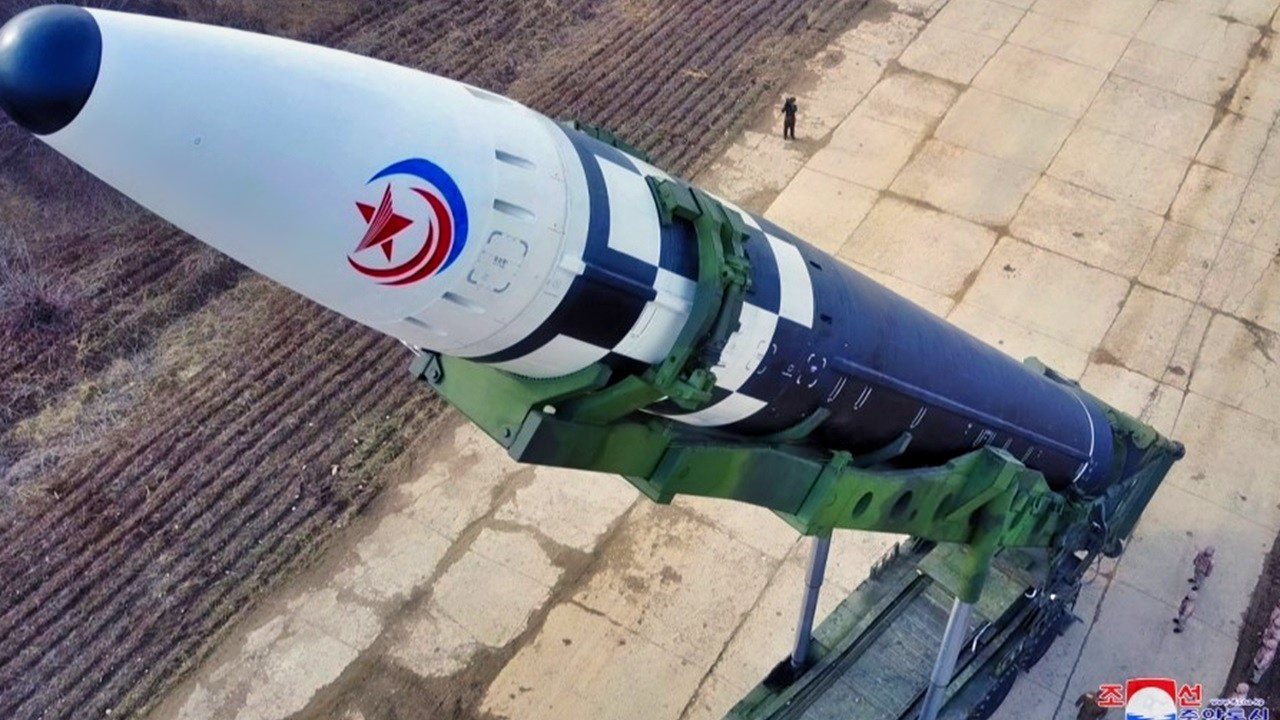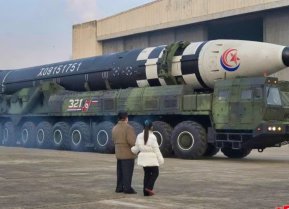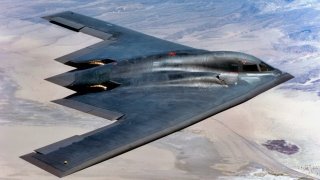Is North Korea Plotting a War?
Instead of emphasizing the U.S.-South Korean ability and willingness to punish North Korea’s aggression, there is a need for the “credibility of non-punishment” if North Korea does not initiate war.
Since the failure of the Hanoi Summit in February 2019, North Korea has provoked its neighbors and the world with frequent displays of military power. According to its own claims, these have been responses to what the regime claims are Western provocations. In January 2024, for example, Pyongyang tested an underwater nuclear drone. It claimed this was done in response to the largest-ever trilateral military drill involving the U.S., South Korean, and Japanese militaries. Is North Korea plotting a war, or will this vicious cycle of perceived provocations eventually lead to a conflict that neither side desires?
While it would seem entirely irrational for North Korea (or the United States) to end up in a suicidal conflict, the logic of deterrence, especially when erroneously applied, may indeed lead to outcomes that nobody prefers. To understand what is going on on the Korean Peninsula, we need to view the situation through the lens of the logic of deterrence, as developed by the Nobel Prize laureate Thomas Schelling.
Military power can be used as leverage in political bargaining without firing a shot. But this requires that the bargainer is less dependent on peace than his opponent and more determined on his political demands, which he promotes with military power. One cannot win an argument by threatening with something one fears more than the opponent. While global bargainers cannot know how much their opponent fears war or how willing he is to risk war for his political demands, negotiators tend to send signals that try to convince their opponents that they mean business. If such signals risk war, they are costly and thus credible: they demonstrate that the signaler means business. This works, as according to Schelling, signaling a reckless willingness to go close to the brink wins the argument. North Korea’s provocations can be understood in this light: they are costly signals it sends to gain political leverage.
The National Intelligence Council concludes from North Korea’s recklessness that “through 2030, Kim Jong Un most likely will continue to pursue a strategy of coercion, potentially including non-nuclear lethal attacks, aimed at advancing the North’s goals of intimidating its neighbors, extracting concessions, and bolstering the regime’s military credentials domestically.”
Yet, in private discussions, several South Korean and international diplomats and experts who have direct contacts with North Korean leadership claim that Kim Jong Un is responsive, not erratic and that his interests are not only defensive but also, and perhaps even more importantly, protective of the security of the regime. According to such experts, the North Korean government genuinely feels threatened, and their provocations aim at gaining leverage for the defense of North Korea.

Evidence backs this claim since North Korea often exaggerates and fabricates its military power. In the spring of 2022, for example, North Korea’s launch of its new Hwasong-17 intercontinental ballistic missile on March 16, 2022, was announced as successful, while experts claim it was a failure. If Pyongyang wanted to use its weapons, it would undermine them to maximize the surprise effect of an attack. The willingness to exaggerate capacity means North Korea tries to deter a Western attack it considers otherwise possible.
Yet, provocations and boasting with military capacity, let alone willingness to risk war, may give an impression of offensive intent. In an interactive situation, if both sides use provocations to gain defensive bargaining leverage, both may become convinced of their opponent’s offensive intentions. In such a situation, eventually, a scenario may emerge in which a bargainer is so convinced of the imminent attack from his opponent that he sees a choice between preemption and becoming a victim of a surprise attack. Alternatively, provocations may already be considered preparations for an attack, sparking a preemptive war.
Thus, North Korea is not plotting war, and yet, in the interactive bargaining situation in which risking war offers political benefits, there is a risk of unintended escalation. North Korean leaders know that a nuclear war would finish both their leadership and their nation, and thus, this is not what needs to be emphasized for the defense of South Korea, Japan, and the United States. North Korean leaders will need to be assured that if they do not initiate war, they will not end up in one.
Instead of emphasizing the U.S.-South Korean ability and willingness to punish North Korea’s aggression, there is a need for the “credibility of non-punishment” if North Korea does not initiate war. Without such, North Korea may perceive, in a spiral of mutual provocations, that its choice is between attacking or being attacked.
In such a situation, deterrence does not disincentivize attack.
About the Author
Timo Kivimäki is a Professor of International Relations at the University of Bath.
Image: Creative Commons.


